Tesla Certified Installer
Sunnova Is one of Tesla's largest residential Powerwall installers In the U.S.

Sunnova Is one of Tesla's largest residential Powerwall installers In the U.S.
If your home solar system is tied to your utility (grid-tied) and you don’t have a battery, your home solar system will not work during a power outage. You will not be able to produce or consume solar energy while the grid is down.
The purpose of this tool is to provide a general sense of how various lights and appliances can affect how long a fully charged battery system will last during a grid outage. To calculate how many “days” your battery will last in an outage, we divide the energy storage capacity of the installed battery(ies) by the sum of all selected activities’ energy consumption.
While this tool provides generalized examples, your battery system’s longevity during an outage depends on the specific characteristics of your appliances, such as the brand, model, and condition.
Miscellaneous Standby Power By default, we assume here that plugged-in devices in the home collectively consume 1 kWh of “standby power” over the course of a day (e.g. always-on uses like a printer display or microwave clock).
During a power outage, you will still generate solar energy during the day to power your most needed lights and appliances. Any excess energy goes to the battery and will be used when the system is not producing enough solar energy, such as at night.1 A variety of factors impact how much energy your solar system will produce and how much will be stored in the battery. During sunny summer months, your system will produce more energy. On cloudy days, when snow is on your panels and just during the winter in general, your system will produce less. At night, your system won’t generate energy at all, but any energy stored in your battery will be used to power your home until it depletes.2 The amount of power available from the battery during a power outage is limited, depending on the loads connected, customer usage and battery configuration (i.e. batteries in certain areas may be set up to provide you with the best economic benefit, which may affect the amount of back-up power available). Solar systems and/or batteries may require repairs after weather events and such repairs may be delayed due to forces outside of our control. No assurances can be given that the solar system or the battery will always work. You should never rely upon either of these to power life support or other medical devices.